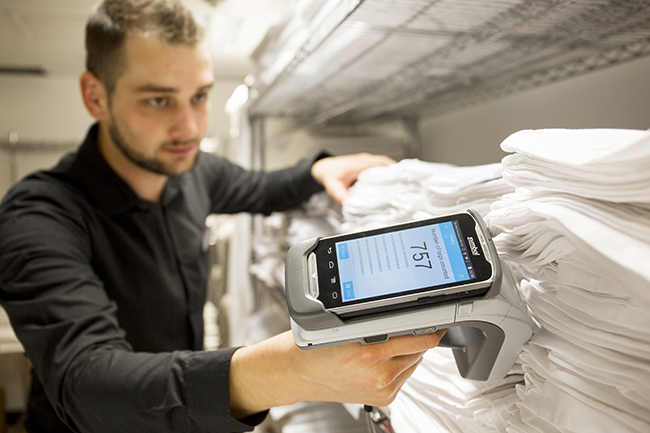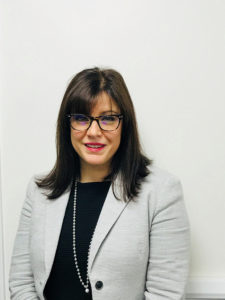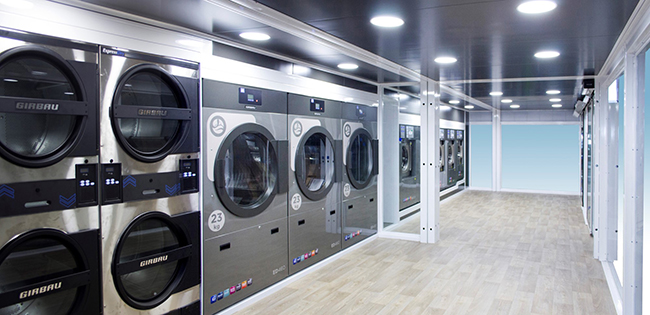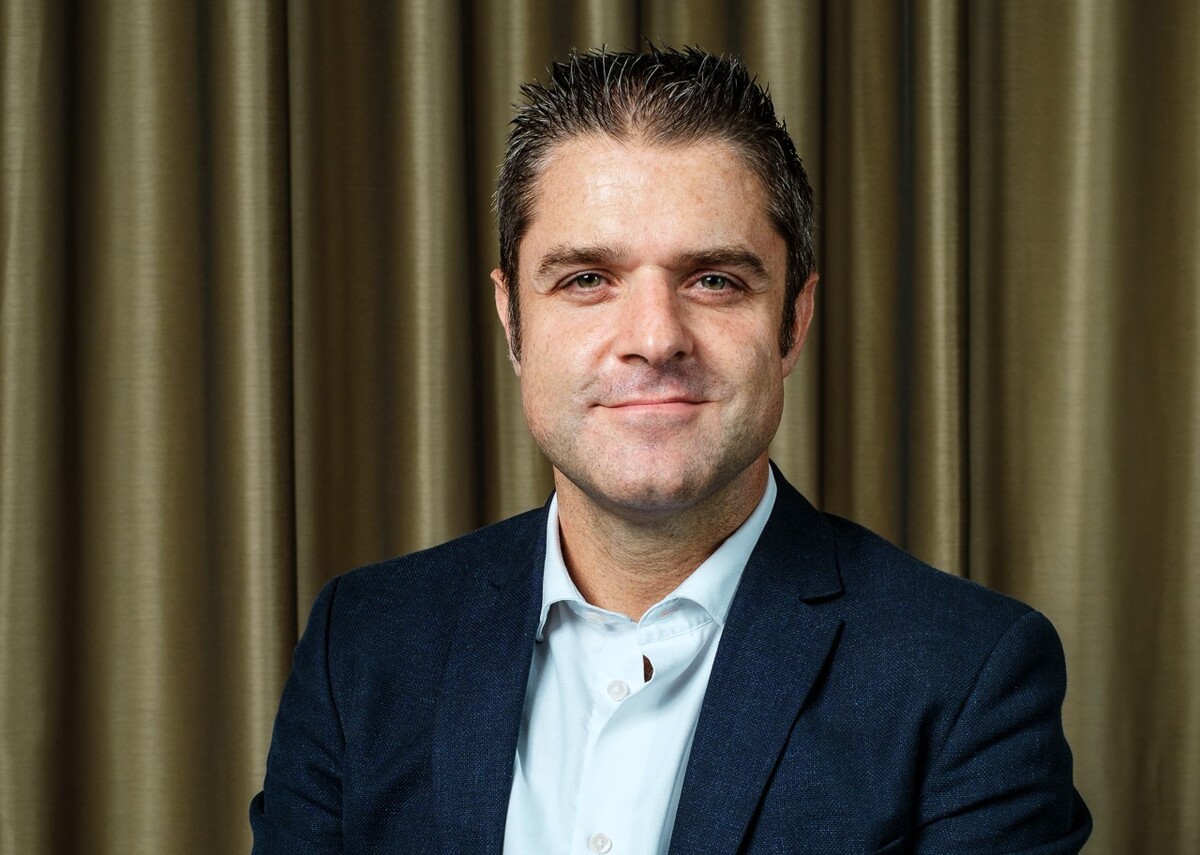Keeping on top of the laundry
Whether you choose to do your laundry in-house or outsource it, your guests will expect a premium service. Anne Bruce takes a look at the best ways to optimise the efficiency and costs of your laundry service
Getting the laundry clean and fit to be seen really matters in hospitality. Nothing is guaranteed to get your business hung out to dry on social media faster than presenting guests with stained sheets or grubby table napkins. But the good news is that after centuries of being gruelling scutwork, the laundry process is developing an edge of high-tech glamour in the 21st century.
Advances in machinery, computing software and processes, as well as a focus on efficiency, cost control and environmental friendliness are driving changes in this estimated £1.6b sector (IBISWorld, Dry-Cleaning & Other Cleaning Services in the UK, November 2018).
Hotels and foodservice businesses that generate tonnes of linen, clothing, bedding and towels to be laundered every single day are reaping the rewards of advances. With space at a premium, common practice among larger hospitality operators is to outsource laundry services to third-party suppliers, although a debate on the pros and cons of laundering in-house versus outsourcing rumbles on.
Third-party suppliers are using technology to find ways to cut water use, detergent use and energy use on a grand scale, giving environmental benefits and making cost savings for the customer. They also increasingly offer high-tech solutions and keep track of their customers' chefs' whites and sheets, reducing the labour costs of the laundry process.
âIt also means that the garmentsâ laundry history is available, making stock control more efficient and minimising lost stock. It helps us to run an efficient service and keep clients informed about their stock and the number of items at their location, in transit, or being laundered,â she says.
Hotels linen supplier Clean also offers RFID tagging, which it says can save time for housekeeping and laundry teams and improve efficiency all round. For example, housekeeping staff can count stock levels within a hotel in a few minutes compared to the 30 minutes it takes to count manually, says Steve Clarke, chief commercial officer.
When hotel staff take delivery of clean linen, they can check all items are there through RFID-reading technology installed at delivery points. Stock counts can also be made with a hand-held scanner in the hotelâs linen room to avoid manual sorting. All information is held in a data cloud, which helps to control stock rotation and reorder and identify missing items.
Further advantages of sending out laundry to a third party are pointed out by supplier Tibard. It asks that with business rates so high for prime hotel and foodservice locations, can you afford the space it takes to install a brand new laundry?
âBy outsourcing your laundry, you do not limit your potential capacity, you do not have a large initial capital expense and you can control a preventable cause in the spread of infectious bacteria and viruses at your sites: poorly maintained washing machines,â argues Rick Shonfeld, commercial director.
He adds: âFor too long, businesses in the wider hospitality industry have turned a blind eye to the risks. An outbreak of E. coli or similar can absolutely ruin your reputation. And this is aside from the benefits of outsourcing, including consistency, presentation of staff and quality of laundering.â
Keep it clean, keep it green
Hygiene is a key consideration, but attaining maximum levels of cleanliness may run at odds with a focus on minimising the environmental impact of the laundry process and reducing chemical usage. So, increasingly, moves are also being made by laundry suppliers and equipment companies to get a grasp of the roots of the issues.
One example is company Micro-Fresh, which is pushing into the hospitality sector and speaking with hotel chains and suppliers about the benefits it can offer, says chief executive Byron Dixon. Micro-Fresh is an anti-bacterial agent that is built into linen at the manufacturing stage to keep products fresher for longer and allow them to be washed at a lower temperature while still being hygienic.
Dixon says: âFabrics such as the linen used in the hospitality industry are highly susceptible to bacterial growth. A bacterium takes 20 minutes to multiply, and within an hour there could be as many as one million bacteria living on your tablecloths.â
If linen is treated with an anti-bacterial agent during the manufacturing process, the growth of the bacteria is inhibited, which then means that a lower wash temperature than 90ºC can be used.
A reduced environmental impact and cost savings can be made from washing at 30ºC. Points of difference in technology, efficiency and, ultimately, cost, may lead hospitality businesses to choose what approach to take to their laundry.
Tech up
A system that could benefit both in-house and outsourced laundry operations is the IntelliLinen system from Diversey. The IntelliLinen dispenserâs integrated WiFi network connects to mobile devices to monitor operations and see which machines are being under-used or creating bottlenecks.
Operators also have a real-time view of energy and water consumption, chemical dosing accuracy, machine downtime and day-to-day operational costs to help keep a grip on their expenditure.
Running the laundry as an in-house operation may also allow closer control of the process and bring other, softer benefits, suggests supplier Miele. Miele recently conducted a survey of 100 UK hotel workers and found that 76% of hotels use off-site laundries for at least some of their washing and drying. However, only 37% were highly satisfied with the quality of service.
The survey found that bedroom turnaround times are the biggest concern for housekeepers. Given that hotels and restaurants that outsource laundry need to factor in collection and delivery times, an on-premise laundry can help speed up the process, says Clare Long, business account manager at the professional division of Miele.
âHaving access to their own laundry equipment means that hotels and restaurants can work according to their own schedules and get rooms and tables ready for new customers as quickly as possible,â she says.
Many hotels reported to Miele that limited space was their number one challenge in taking laundry in-house. However, a laundry might be an option in a smaller area if stacked machines are used. Long says: âWe have installed two pairs of stacked 8kg machines and an ironer in the basement of a boutique hotel in Scotland. The space was previously a corridor that was used as a snug and later became a fully functioning laundry area.â
Space is often the deciding factor in choosing whether to launder in-house, but for hotels with limited room for an on-premise laundry, equipment supplier Girbau has a plug and play mobile laundry solution.
Space saving and efficiency benefits are always going to be welcome in an in-house laundry, large or small. For example, the five-star Adare Manor in County Limerick handles all its laundry in-house, with 14 staff, and processes on average 41kg items a month, including guest washing. It says having a laundry service on the spot helps it to respond to guestsâ needs.
Laundry consultant Christeyns recently introduced an auto-dosing system at the hotel after a review of its systems. The central dosing system, which is installed in a unit outside the laundry to save space, accurately matches detergent to wash load and continuously checks and corrects the dosages.
While laundry may not be the most glamorous part of an operation, making changes such as these can have a very alluring impact on the bottom line and help a business meet its sustainability benchmarks and keep standards high. The ubiquitous signs in hotel bathrooms asking guests to do their bit to help to save the planet by re-using towels are just the tip of the iceberg when it comes to keeping on top of the laundry in the hospitality sector.
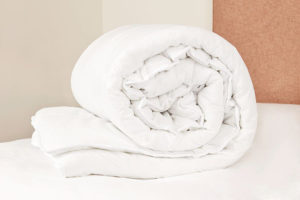
Mitre Linenâs head of procurement Phillip James identifies some of the key trends for 2019:
Colour trends Soft neutrals and corals/pinks to align with Pantoneâs colour of the year, Living Coral.
Fabric trends Sustainable fabrics; organic fabrics; recycled bedding (duvets and pillows with recycled plastic filling).
Texture trend Velvet-feel.
Source Mitre Linen
Suppliers
Christeyns www.christeyns.com
Elis www.elis.com
Girbau www.girbau.co.uk
Micro-Fresh www.microfresh.com
Miele Professional www.miele.co.uk/professional
Mitre Linen www.mitrelinen.co.uk
Tibard www.tibard.co.uk
Get The Caterer every week on your smartphone, tablet, or even in good old-fashioned hard copy (or all three!).



